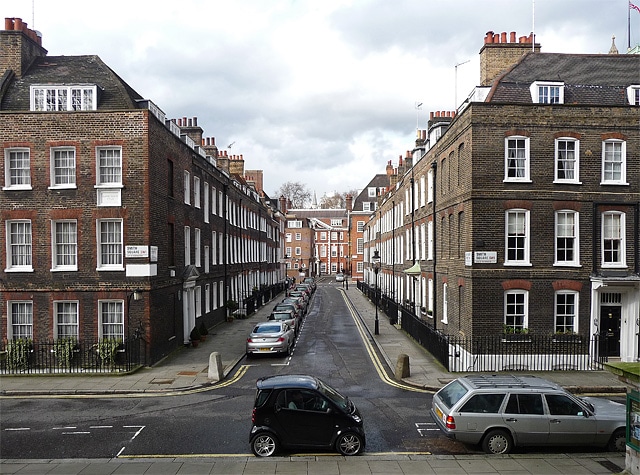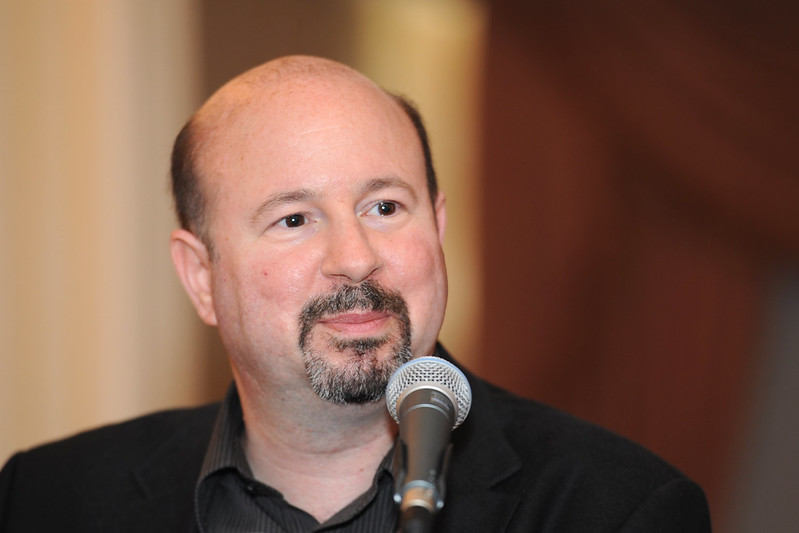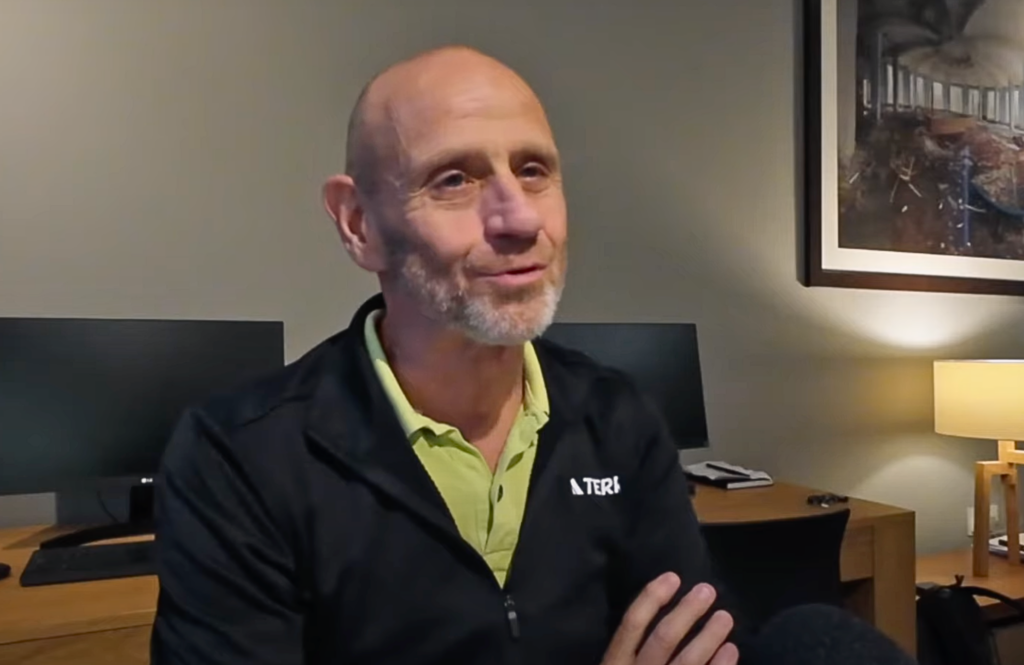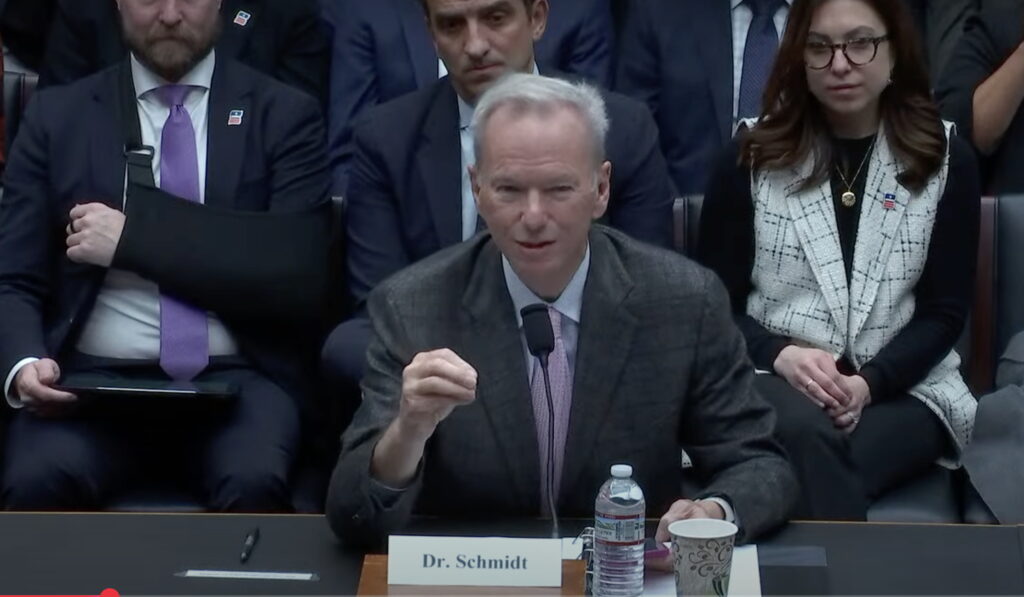The right-wing think tank responsible for inspiring the government’s controversial ‘anti-lobby’ clause threatening to restrict charity and science advocacy is now under investigation by the Charity Commission.
Andrew Purkis, a former Charity Commission board member and chair of several charities, recently filed a formal complaint with the Commission arguing that the Institute of Economic Affairs (IEA), a registered charity, fails to carry out any charitable activity.
The Charity Commission has now instructed its Permissions and Compliance Team to investigate the complaint.
“The Commission is assessing concerns raised regarding the Institute of Economic Affairs before deciding what, if any, regulatory action is required,” a Charity Commission press officer confirmed to DeSmog UK.
According to Purkis the Charity Commission will be looking into “whether the IEA is sufficiently transparent about the sources of funding for key political activities, and whether some of its controversial political activities are within its charitable objects”.
The IEA is known for having received funding from big tobacco and at least two oil companies in the past.
It also has direct ties to the climate science denying charity the Global Warming Policy Foundation (GWPF) which faced similar complaints regarding its political campaigning activities two years ago.
And last month the IEA was credited by the Cabinet Office for inspiring its new ‘anti lobby’ clause for all new and renewed grant agreements which will come into effect on 1 May. This will see any groups that receive public money banned from using those funds to attempt to influence either government or Parliament.
Critics of the policy change say it amounts to a “muzzling” of scientists and could impact on key policy areas, including climate change.
As Purkis wrote in his letter to the Commission’s chief executive, Paula Sussex: “My understanding is that learning and education is not understood by the Commission or the courts to be promoting a particular view or outcome.
“Yet it seems that some of the political activities of the IEA involve influencing and lobbying Ministers and politicians in favour of a very particular prescription such as introducing gagging clauses into grants to charities, or curtailing particular kinds of public health policies.”
He continued: “If the promotion of free market economics were a charitable objective, it is clear that such activity could be a means of pursuing it, but it is not at all clear how this activity can be a means of pursuing the advancement of learning and education.”
The IEA has boasted of its ability to influence government policy after the Cabinet Office announced the new ‘anti lobby’ clause. And it turns out that the Charity Commission itself worked with the IEA in developing the new policy.
Documents released to the Guardian reveal that Charity Commission Chairman William Shawcross was actively involved in creating the ‘anti-lobby’ clause which the Guardian has described as allowing “corporations to influence public debate without opposition”.
The policy change has been widely criticised by MPs and civil society for threatening to impede freedom of speech.
Richard D. Pancost, Biogeochemistry professor and director of University of Bristol’s Cabot Institute, previously told DeSmog UK that: “These new policies are causing confusion amongst the scientific community, and any confusion related to free and public expression of opinion, knowledge and evidence undermines democratic engagement and government transparency.
“Regardless of the intention of policy makers, such legislation can be exploited by others to stifle debate, to cynically silence climate change scientists, especially if we dare step ‘over the line into advocacy’.”
However, just this week Prime Minister David Cameron has defended the IEA-inspired clause during Prime Minister’s Questions where he said: “I want to see tax payers’ money… going toward good causes rather than in lobbying ministers and MPs.”
Photo: Stephen Richards / Geography via Creative Commons
Subscribe to our newsletter
Stay up to date with DeSmog news and alerts







